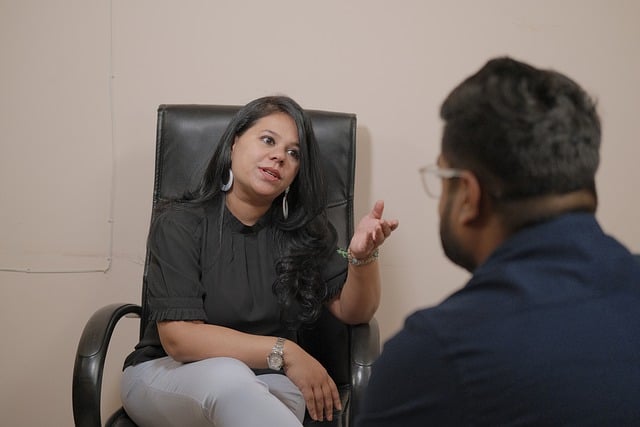Interviews


I’ve got a meeting in a minute with a parent. I’ve been teaching all day and the TA has been off work, but this mother is coming in to talk about her son. He’s been acting up recently, taking toys from other children, punching, screaming a lot. I want to know what’s going on at home; if he’s like this at home. It’s a typical conversation, but this mum can be a bit mouthy too. I’ll go through the normal list - doctor, health visitor, social worker, see what’s what.
It’s been another busy day of appointments, but I’m happy that all the parents have gone away with things to look at, read up on. To think about. A lot of my work is about getting parents to understand how to help their children on a daily, even an hourly basis. Working through the exercises as often as possible will help them make the greatest progress.
Another new case today, another devastated family. What I love about my job is seeing how the parents grow. How with the support we give them they really take on their role as parents, and devote their lives to their kids. It’s a really strong bond they build. It helps that there are groups that meet together and help each other.
The parents just don’t understand how things work. There’s not enough resources for everyone. It makes my job even more tough than ever. The parents just feel entitled to everything and that’s not fair.
Professionals often juggle multiple responsibilities (teaching, meetings, assessments).
There's a need to understand the child's behaviour in different contexts (school vs. home).
Communication with parents can sometimes be challenging.
Professionals follow a standard protocol for assessing a child's situation (checking with doctors, health visitors, social workers).
A significant part of the job involves educating and empowering parents.
Consistent practice of exercises/strategies at home is crucial for a child's progress.
Emotional support for families is an important aspect of the job.
Parent support groups play a valuable role in the overall care system.
Resource constraints are a significant challenge in providing support.
There can be a mismatch between parent expectations and available resources.
Could you describe a typical day in your role, including the various tasks and interactions you manage?
How do you approach situations where a child's behavior at school differs from their behavior at home? Can you give an example?
What strategies have you found effective when communicating with parents, especially in challenging situations?
Can you walk me through your process for assessing a child's needs and coordinating with other professionals?
How do you balance your responsibilities between direct work with children and supporting/educating parents?
What methods do you use to encourage parents to consistently implement strategies at home? How do you follow up on this?
Can you share an experience where you've seen significant growth in a family's ability to support their child? What contributed to this success?
How do parent support groups factor into your work? What benefits or challenges do they present?
In your experience, how do resource constraints impact the support you're able to provide? Can you give an example?
How do you manage situations where parent expectations don't align with available resources or recommended approaches? Can you describe a specific instance?
Morning Claude, we want to do some user research with SEND and AP professionals. They may work for the council, for schools, or AP settings. Here are some scenarios. I want you to list some general assumptions we are making from each of these scenarios, and then write 10 open questions for user interviews to test these assumptions.
You can do interviews in person, or by video conference.
It's useful to record the interviews so you can concentrate on talking, not taking notes. But ask permission.
Have a pot of tea and some biscuits. It signals that this is a relaxed discussion, not a formal process. (If your interview is on Teams or Zoom,
Explain that you're not "testing" people, you're trying to uncover best practice, and gaps in what's available.